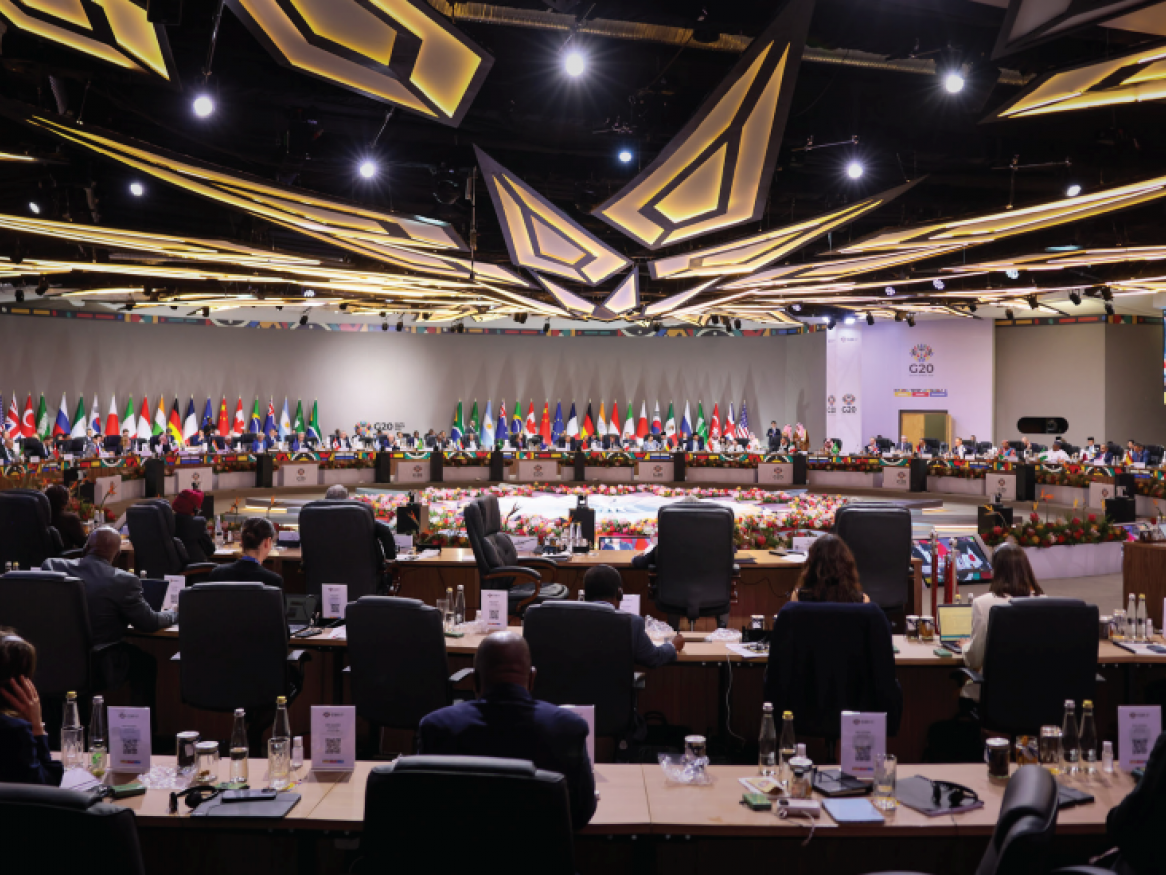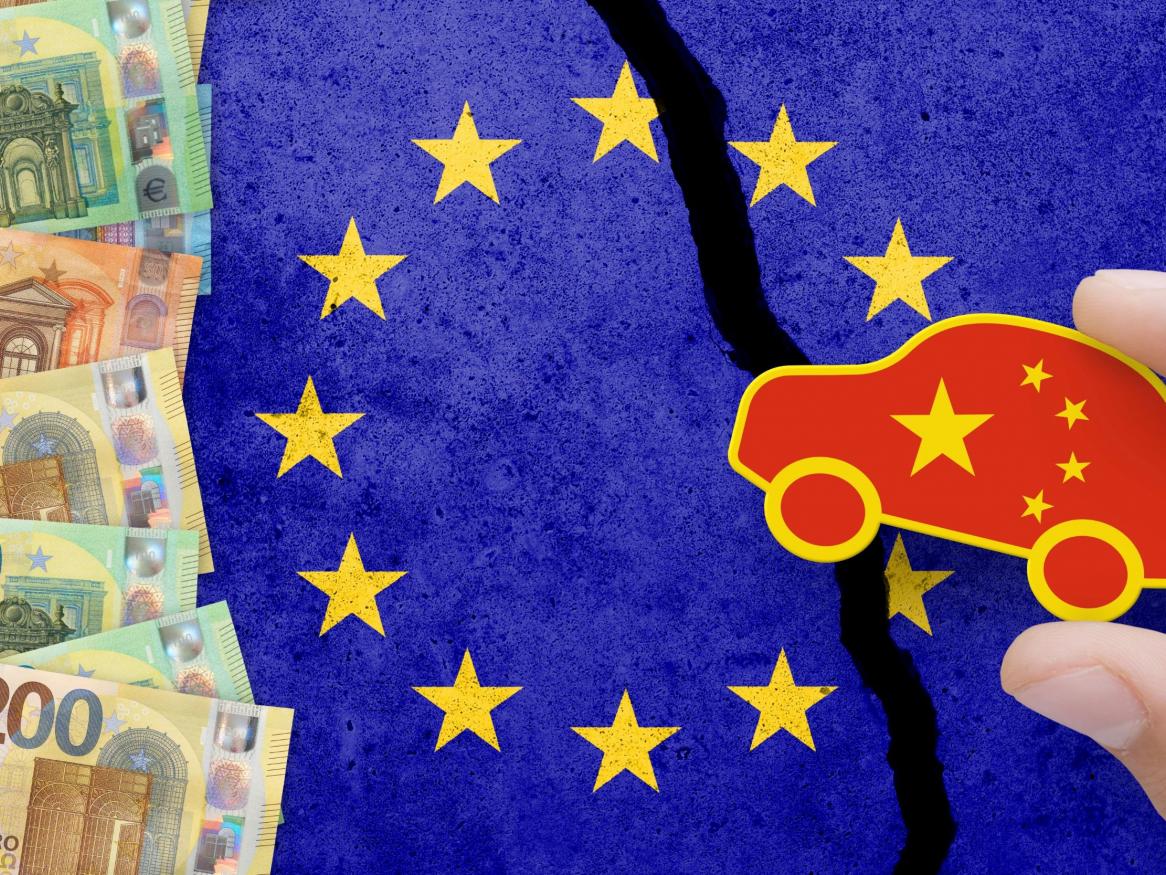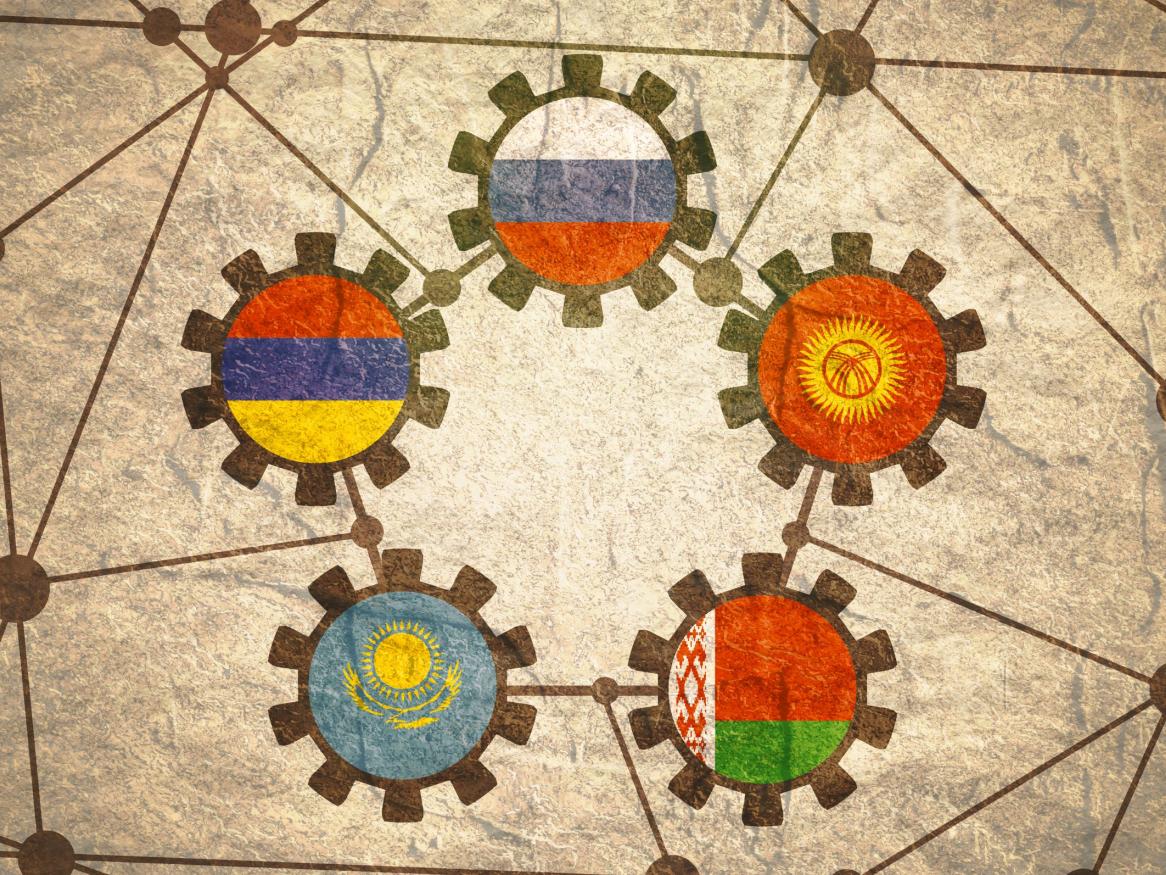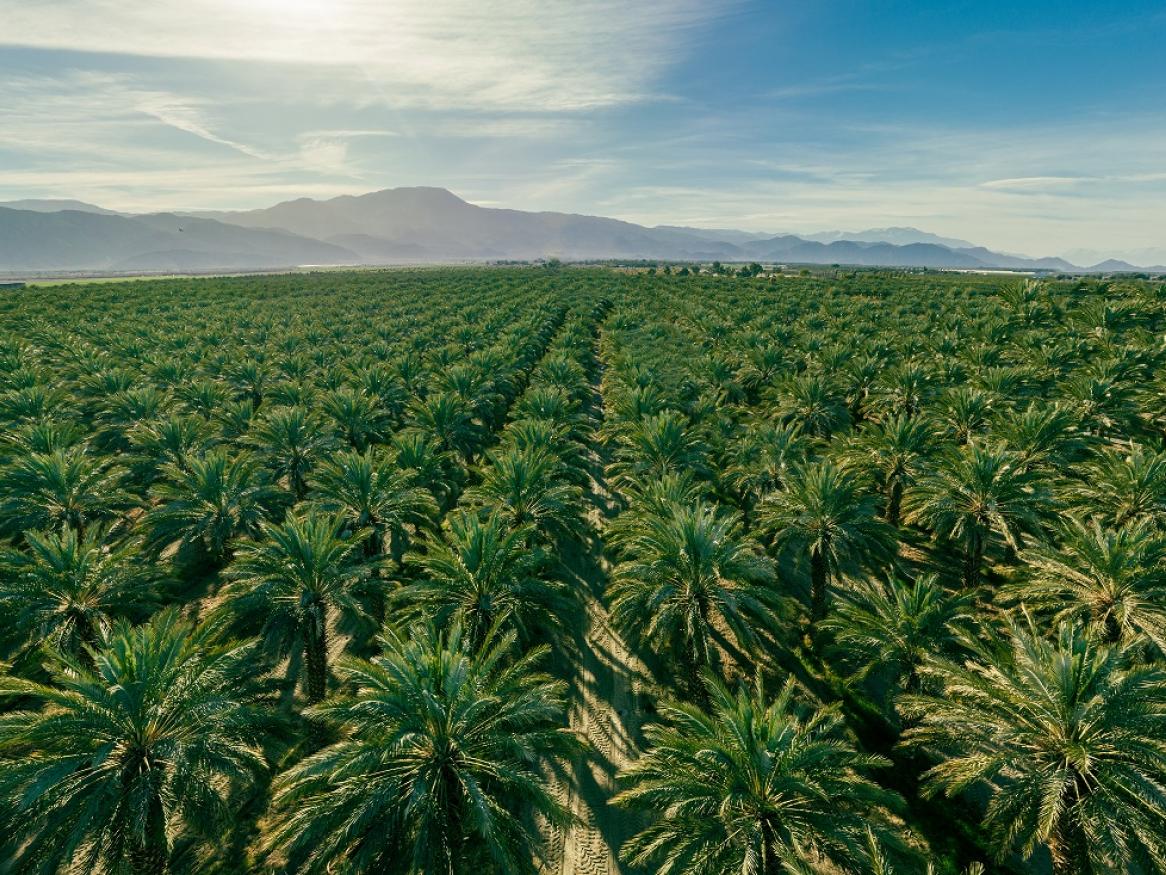News: Working Papers
(In search of) The green premium: transaction level evidence of the sustainability advantage

WORKING PAPER 25 This paper examines whether environmentally sustainable products earn a green premium in international trade and how patent protection shapes this outcome. Using transaction-level export data for Italian firms matched with patent information from 2005–2019, the authors show that unpatented green products face market constraints: higher prices are offset by lower export volumes. In contrast, green products backed by patent protection achieve higher quantities and export values. The findings demonstrate that innovation enables firms to convert environmental attributes into stronger export performance.
Industrial Policy in the era of geopolitical fragmentation

WORKING PAPER 27 Rising geopolitical tensions are reshaping global trade and industrial to advance strategic goals. This working paper examines what these shifts mean for emerging markets. Rather than choosing sides, the authors argue that successful emerging-market strategies lie in selective integration: maintaining openness with peers while deploying targeted, rules-based responses to distortions. The analysis highlights practical “do’s and don’ts” for trade and industrial policy in an era of geopolitical fragmentation
[Read more about Industrial Policy in the era of geopolitical fragmentation]
Export restrictions and trade in critical mineral green products for clean energy transition

WORKING PAPER 24
Our latest IIT Working Paper quantifies the economic impacts of export restrictions targeted at critical minerals trade. Costs are high, posing serious challenges to the global green transition. Global cooperation to address these mounting barriers is needed more than ever.
Framing Critical Minerals: Hybridising Economic, Environmental, and Security Objectives in EU Trade Discourse

WORKING PAPER 23:
Critical minerals now sit at the centre of EU trade discourse, where global sustainability goals, competitiveness, and supply-chain vulnerabilities intersect. The paper applies discursive institutionalism and introduces “framing hybridisation” to explain how the EU’s narrative evolved through external shocks, agency shifts, and stakeholder engagement. Using co-occurrence analysis and time-series mapping of DG Trade communications (1989–2025), it identifies a three-phase trajectory: an initial economic frame (liberalisation/competitiveness), a subsequent environmental frame (mining practices and the green transition), and, most recently, a security frame (reducing strategic dependencies and strengthening supply-chain resilience). Since 2020, these frames increasingly appear together, signalling a broader shift in EU trade policy under conditions of global uncertainty.
The EU Corporate Sustainability Due-Diligence Directive and China-EU Trade: Environmental Implications for the Chinese Electric-Vehicle Sector

WORKING PAPER 22 - This working paper analyses how the EU Corporate Sustainability Due-Diligence Directive (CSDDD) will reshape China–EU trade, using the Chinese electric-vehicle (EV) industry as a sectoral lens. By translating voluntary ESG norms into hard-law obligations, the CSDDD extends stringent environmental standards along global value chains and aims to “level the playing field” for firms accessing the EU Single Market. The study traces the Directive’s legal evolution, compares it with China’s ESG framework, and models compliance scenarios for Chinese EV exporters. Findings indicate that while the Directive raises due-diligence and reporting costs—especially for complex battery supply chains—it also offers first-mover advantages to firms that align quickly with EU benchmarks. Competitive outcomes will depend on supply-chain transparency, technology upgrading, and the degree of regulatory convergence between Brussels and Beijing.
Countertrade in Modern Geoeconomics: A Study of Indonesia and the Eurasian Economic Union

WORKING PAPER 21: This working paper examines the resurgence of countertrade—an exchange of goods and services without immediate monetary payment—as a strategic economic mechanism within modern geoeconomic contexts, specifically focusing on Indonesia and the Eurasian Economic Union (EAEU). Historically prominent during periods of economic isolation or liquidity constraints, countertrade is now re-emerging amid rising geopolitical tensions and financial uncertainties, serving as a tool for economic resilience and strategic autonomy. The paper investigates Indonesia’s past experiences with countertrade, primarily in defense procurement, and evaluates scenarios for potential future engagement under a proposed Indonesia-EAEU Free Trade Agreement. Using theoretical firm-level analysis, it distinguishes how different Indonesian firm categories—super-large conglomerates, large enterprises, and small and medium-sized enterprises (SMEs)—could benefit from or face challenges in adopting countertrade. Findings suggest that, despite theoretical benefits like reduced currency risk and strategic resource access, practical implementation is complex and cost-intensive, making it most suitable for larger, resource-rich firms capable of navigating these complexities.
The Long and Twisting Road to a Trade Agreement between Australia and the European Union

WORKING PAPER 20 This working paper explores the complex historical and economic relationship between Australia and the European Union (EU), focusing on the challenges in establishing a modern bilateral trade agreement. Although Australia and the EU have shared views on advancing global trade law beyond outdated WTO standards, formal trade negotiations only began in 2017, with several setbacks, including a major collapse in 2021. The paper traces key reasons for this friction, including Australia's strong historical ties with the UK, fluctuating relations with France, and limited engagement from other EU member states. Despite the convergence in trade policies and increased economic ties, factors such as disputes over agricultural access, the geopolitical implications of alliances like AUKUS, and sensitive issues around geographical indicators (e.g., Prosecco and feta) continue to stall progress. This paper underscores that while a trade agreement could yield mutual economic benefits, overcoming entrenched interests and political complexities will be essential for future collaboration.
How is the ‘Business of Climate’ impacting the ‘Climate of Business’?

WORKING PAPER 19: The European Union’s Green Deal introduces the Deforestation Regulation and Corporate Sustainability Due Diligence Directive (CSDDD) to ensure sustainable supply chains. These regulations pose challenges for exporters from Emerging Asia, especially smallholder producers, due to strict compliance and documentation requirements. Countries like Indonesia, India, and Malaysia are concerned about the economic burden and trade barriers these rules impose. While certification alignment could ease compliance, high costs remain a barrier. For a smooth transition, the EU needs to improve support mechanisms and foster greater collaboration with affected trading partners
[Read more about How is the ‘Business of Climate’ impacting the ‘Climate of Business’?]
Implications of the EUDR on global palm oil supply chains

WORKING PAPER 18: From December 2024, the European Union Deforestation Regulation (EUDR) will require palm oil to come from sources not linked to deforestation. This creates challenges for suppliers, especially small ones, due to strict tracking and compliance rules. Countries like Indonesia and Malaysia are concerned about these challenges. However, aligning with certification schemes like Malaysia's MSPO may help gain EU approval. The EUDR also classifies countries by deforestation risk, making it easier for low-risk nations to comply. For a smooth shift to deforestation-free trade, it's important to extend timelines, support small suppliers, and use local initiatives.
[Read more about Implications of the EUDR on global palm oil supply chains]
The Impact of Due Diligence Legislation on International Trade and Business: An Analysis of Potential Trade-Offs

WORKING PAPER 17: As countries increasingly adopt due diligence legislation to promote human rights, labor standards, and environmental sustainability in global value chains, a complex dilemma arises. While these laws commendably aim to address moral and political issues in international trade, they may also impose significant costs on companies, potentially disincentivizing investment and trade. This study examines the impact of due diligence laws on international trade and business, analyzing some 60 cases.
This work is licensed under Commons Attribution-NonCommercial-NoDerivatives 4.0 International License.
IIT is a global leader in researching, analysing and commenting on International Trade.
Stay informed about our up-and-coming seminars, events, publications, awards, new projects and collaborations, and other exciting news.
